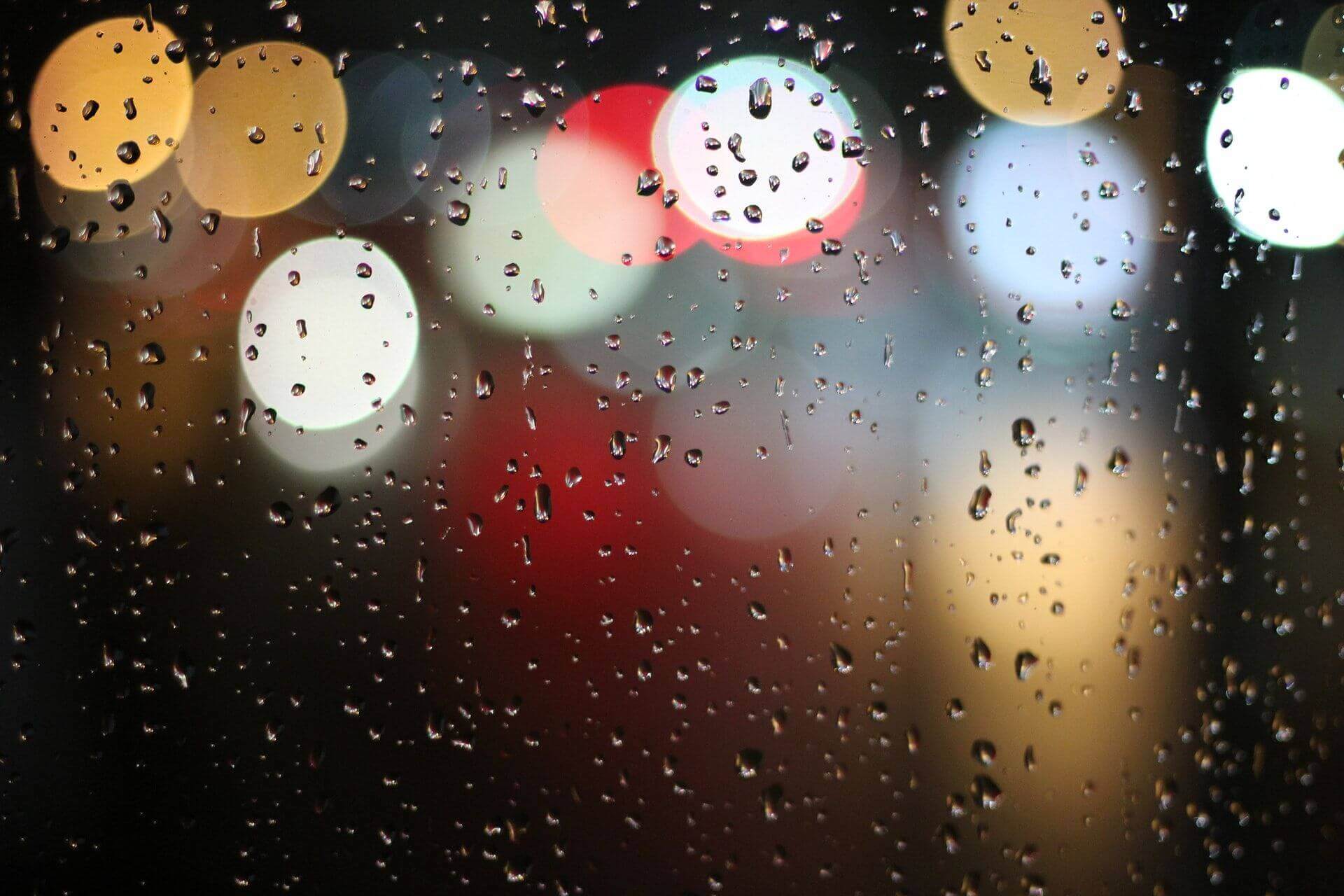
Noise pollution: How it impacts your sleep and what you can do
We've all been woken up by noise in the night at some point in our lives, and most of the time it's easy to roll over and get back to sleep. Be it a car horn, neighbours arguing, or a dog barking, it's fairly straightforward to dismiss these instances as one-offs. But, what if the disturbance was persistent and it started to have an effect on our quality of rest?
Well, the effects are more serious than you may think. One study, published in the Noise & Health journal, found night time noise exposure could be linked to cardiovascular disease and that even low-level sounds can impact health. With more far reaching impacts being all the time, it's clear that noise pollution is a serious issue that needs to be taken more seriously.
From 21–26 May, it's Noise Action Week in the UK. This is a campaign to raise awareness about noise disturbance, so we thought it would be a good time to look at the effects of this form of pollution and give you some tips on how you can minimise its impact.
How does noise pollution affect sleep?
Sounds through the night affect us all differently. For instance, it's more common for young children, elderly people, and those with illnesses to be more sensitive to low levels of noise, while research has found emotional sounds, like the cry of a baby, can affect some more than others. A study by Harvard University also found that people can tolerate different sound levels depending on the type of brain rhythms they experience.
There are many factors that dictate how well you handle noises through the night and, as more research is carried out, we'll be able to understand this better. However, the real worry is what the consequences of consistently disturbed sleep are on the body.
Recently, we've been able to put a number on the coronary risks of noise exposure: research published in the British Medical Journal looked at the effects of aircraft noise around Heathrow airport and found that a 10 decibel increase in exposure was enough to increase high blood pressure, heart attacks, and strokes from 7% to 17%.
While the sound of a plane taking off comes in at around 100 decibels (dB) and is high enough to cause serious health issues, the World Health Organisation's Night Noise Guidelines state that sounds as quiet as 40–55 dB, such as moderate rainfall or bird calls, are enough for sleep to be disturbed and health to be affected in the long run. With many non-descript sounds falling into this category, it shows just how easily noise pollution can begin affecting our physical health.
There are also the ways that disrupted sleep can affect your mental health. Emotional responses to noise pollution are known as noise annoyances, which describe the feelings of irritation and dissatisfaction that many suffer when they are woken up by sounds beyond their control. When your sleep cycle is disturbed on a regular basis it can contribute to mental health issues like insomnia, anxiety, stress, and depression — something we've looked at in a previous blog post.
How can I minimise the impact of noise pollution?

If you feel like your sleep is being affected by noise pollution or you'd prefer to take precautions, there are number of measures you can take to ensure the impact of night sounds are minimised.
Invest in quality earplugs
Earplugs offer the easiest way of reducing how much noise pollution you're exposed to during the night. Though recommending them as a solution may seem a bit basic at face value, it's important to know that the earplugs currently on the market evolved beyond the simple foam inserts of yesteryear with the advance of technology.
You can now get reusable silicon plugs with different size tips, so there's no need for a large container of throwaways at your bedside. There are even those that are produced to be completely custom to your ear to ensure the best fit. Take a look at The Dozy Owl's buyer's guide to earplugs for 2018 to find out what you need to know.
Consider upgrading your windows
If you live in an older property, you might still have single-glazed windows, which are much less efficient at shutting out noise than their newer double- and triple-glazed relatives. Should you find the noise levels in your home are affecting your sleep, it may be worth considering an upgrade — you may even be able to get help through the government's Green Deal scheme, which helps you to make energy saving improvements to your home.
Even if you've got newer windows, it's worth checking each one to ensure there are no small gaps where drafts and noise might be seeping through. Should you find any, ensure they're resealed to make your windows as efficient as possible at blocking out noise.
Position your bed in the quiet corner
Is your bed positioned near a window, air vent, or an outside wall? If so, you might be surprised at how much you can reduce the level of noise by simply rearranging your room so that you're sleeping in a corner away from the outer features of your home.
It's also worth thinking about moving other items of furniture, like a wardrobe or bookcase, up against any outside walls as they will add extra noise insulation and muffle external noise. Heavy curtains or blinds on your window can also act as a noise dampener.
Think about buying a noise machine
One of the best solutions available for minimising outdoor disturbances are sound machines, which use gentle white noise to mask distractions. They're especially useful for light sleepers who find they are easily disturbed by irregular noises, as they're designed to drown them out. Take a look at our last blog post to find out how other sleep boosting technologies could improve your slumber.
We hope that this blog post has helped to further your understanding of how noise pollution can affect your sleep and what you can do about it. For regular sleep advice, you can visit our blog or advice centre, where you'll find more in-depth guides. Don’t hesitate to get in touch if you have any sleep-related queries.







Leave a Reply